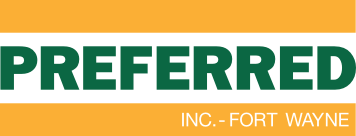Top Flooring Solutions for Commercial Kitchens and Food Service Areas
Discover the top flooring options for commercial kitchens and food service areas. Learn about durable, slip-resistant solutions like urethane concrete, polyurethane, and epoxy flooring that ensure safety, hygiene, and easy maintenance in high-traffic environments.

